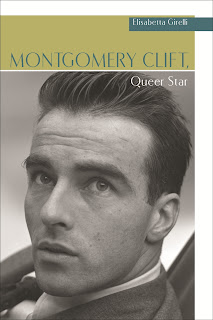

in the mid-1940s, a court decision that revolutionized actor-studio contractual relationships and later provided ammunition for her battle with FX.Īnd industry insiders and fans were well aware of her much-publicized feud with her movie-star sister, Joan Fontaine, an outsized sibling rivalry that began in their childhood. Off-screen, De Havilland was known in Hollywood for her milestone legal victory over Warner Bros. WarnerMedia pulled the film from its streaming service during the national protests sparked by the May 25 death of George Floyd after a white Minneapolis police officer pinned him to the ground by leaning on his neck for several minutes as other police officers appeared to look on dispassionately.ĭe Havilland was the last survivor among the film’s principal actors, who included Clark Gable, Vivien Leigh, Leslie Howard and Hattie McDaniel.


She won her second for “The Heiress,” a 1949 drama set in 19th century New York in which she portrays a shy and plain-looking young woman who falls in love with a handsome young man (played by Montgomery Clift) whom her wealthy and overbearing father suspects is a fortune hunter.ĭe Havilland also received a lead-actress Oscar nomination for her memorable role in “The Snake Pit,” a 1948 drama that chronicles the mental breakdown and recovery of a young married woman who is placed in a mental institution.īut her most enduring screen role was that of sweet Melanie in “Gone With the Wind,” the Civil War drama that won hearts and Oscars but ultimately became a symbol of the country’s systemic racism for its romanticized portrayal of the antebellum South and its sanitized treatment of the crushing horrors of slavery. Her first Oscar came for the 1946 film “To Each His Own,” a World War I-era drama in which she plays an unwed mother who lives to regret giving up her young son. costume dramas of the 1930s, including “The Adventures of Robin Hood” and “The Charge of the Light Brigade.”īut she won her lead-actress Oscars in more substantial, less flattering roles after leaving Warner Bros. Earlier in her career, movie audiences knew De Havilland best as the demure, pretty heroine opposite the dashing Errol Flynn in “Captain Blood” and other popular Warner Bros.


 0 kommentar(er)
0 kommentar(er)
